A new Fife gluten-free craft brewery has ambitious plans to make a big name for itself at home and abroad.
CoelBrew, based at Guardbridge near St Andrews, wants to become the world’s largest gluten-free brewery.
General manager Shona Gillespie feels there is an opportunity in the market for its product. It is already attracting global interest.
She said while breweries are diversifying, there is still not a mass market, gluten-free lager available in most places.
Gluten is a protein naturally found in some grains including wheat, barley and rye.
Unfortunately, it can cause serious side effects in some people, whose body senses it as a toxin – causing immune cells to overreact and attack.
Shona said CoelBrew’s current focus is on launching its flagship lager to market.
The first commercial batch of Stomp was brewed earlier this month.
Early-bird sales will be limited to only 2,500 cans, but the goal is to produce 400,000 cans in the first year.
The firm also hopes to more than double its staff, from four to 10 people.
How CoelBrew was born
Shona said the idea for CoelBrew came about via two old school friends.
Ryan Bald, who has gluten intolerance, came up with the idea of building a gluten-free brewery in 2019.
The idea came to him as he was struggling to find beer he could comfortably enjoy.
He contacted entrepreneur David Hamilton, who has coeliac disease, where a person’s immune system attacks their own tissues when they eat gluten.
David is best known for his involvement with Dundee games firm Ninja Kiwi. He is also a co-owner of the Scottish Deer Centre in Cupar.
He then pitched the idea to potential investors, which helped raise £1 million to launch the business.
Finding premises for Fife business
Shona said CoelBrew is lucky to have a mixture of well-connected entrepreneurs behind it.
They come from backgrounds in gaming, tech, football and construction.
“Their collective network and support has allowed us to build the brewery from scratch and reach a greater web of consumers for our spring launch.
“Ultimately it came down to finding the right premises.
“David felt passionately about being located on the Dundee to St Andrews road, connecting the City of Discovery with the international visibility of St Andrews.
“Building the brewery from scratch has been an incredible achievement. We designed our bespoke brewhouse and used a UK-based manufacturer to bring the vision to life.
“Our first phase of development was a lot of work. We now have a fully-commercial brewery, a shiny canning machine and awesome branding.
“CoelBrew visitors will soon have the opportunity to taste beer while overlooking the Eden Nature Reserve as we build our outdoor tasting area and taco shack with partner Mas Mexican.”
Excellent response to Fife brewery products
Shona said the response has been excellent so far.
The firm aims to produce a lager that stands alongside its competitors without customers realising it is gluten-free. .
“We previewed our first recipe for Stomp Lager, which was brewed on our pilot kit, to local food and drink businesses in October – with a phenomenal reception.
“From day one, we have had a massive amount of interest, with inquiries coming in from across the globe.”
Shona said CoelBrew’s initial aim is to supply the Scottish market .
However the long-term mission is to get gluten-free beer to as many consumers as possible.
“It’s about being accessible and inclusive, so we hope to supply the rest of the UK, Europe and further afield next year.”
Potential pitfalls ahead for Fife firm
While the team has been pleased with CoelBrew’s early success, Shona knows there may be some bumps on the road ahead.
She said the deposit return scheme (DRS) and the potential alcohol advertising ban are two of the biggest challenges.
She said the DRS plans and the restrictions on alcohol advertising are “disproportionate measures” for the industry.
“I have been actively campaigning against the difficulties the current proposal of DRS is creating for suppliers who produce single-use drinks bottles and cans.
“The set-up costs and logistical implications will make it even more difficult to build our brand.”
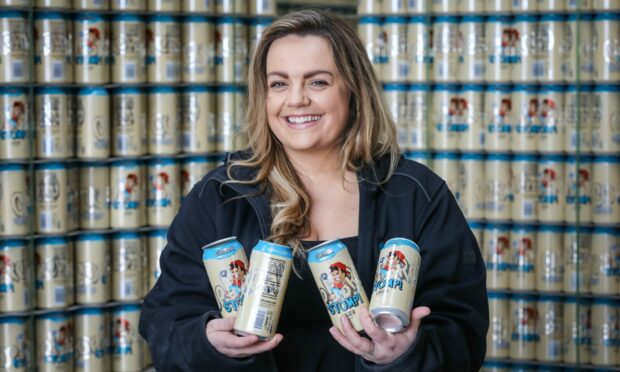

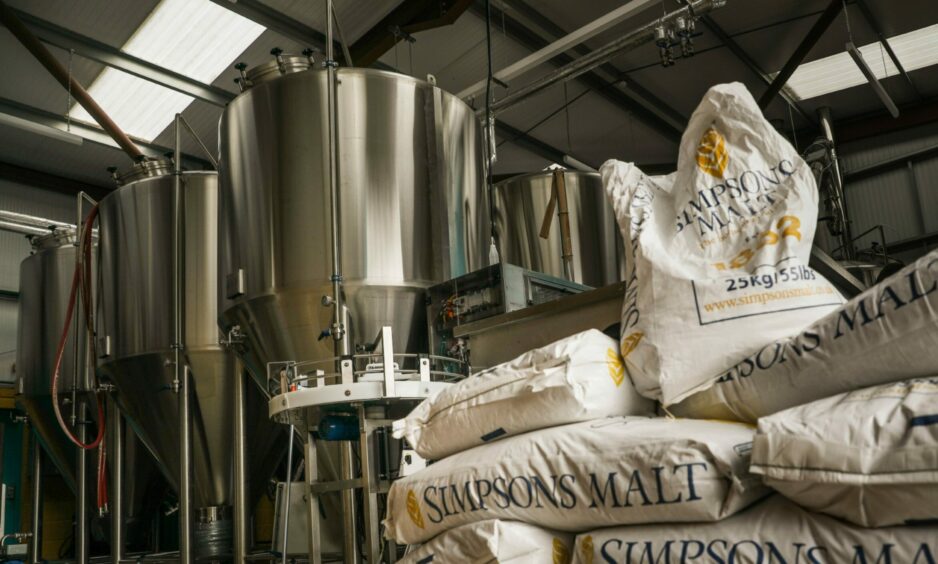
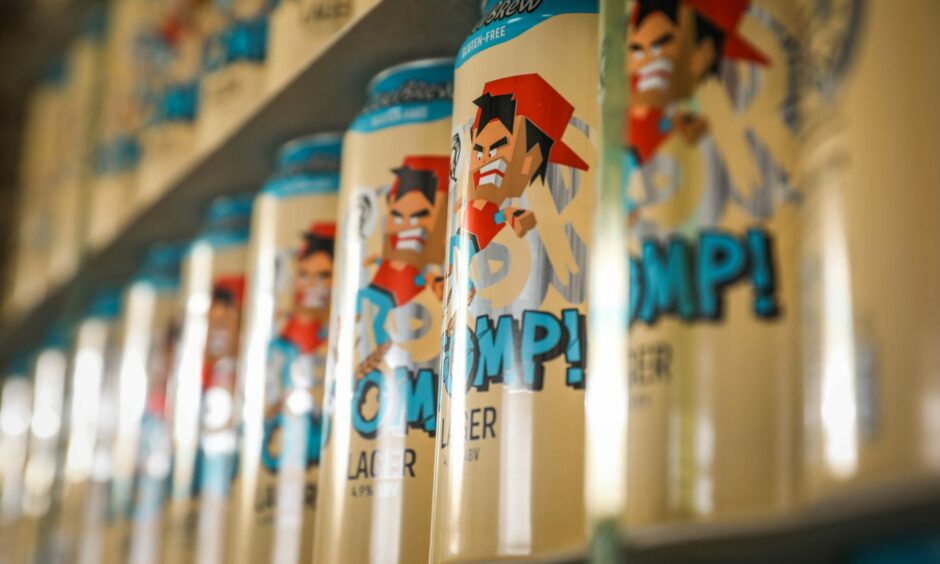
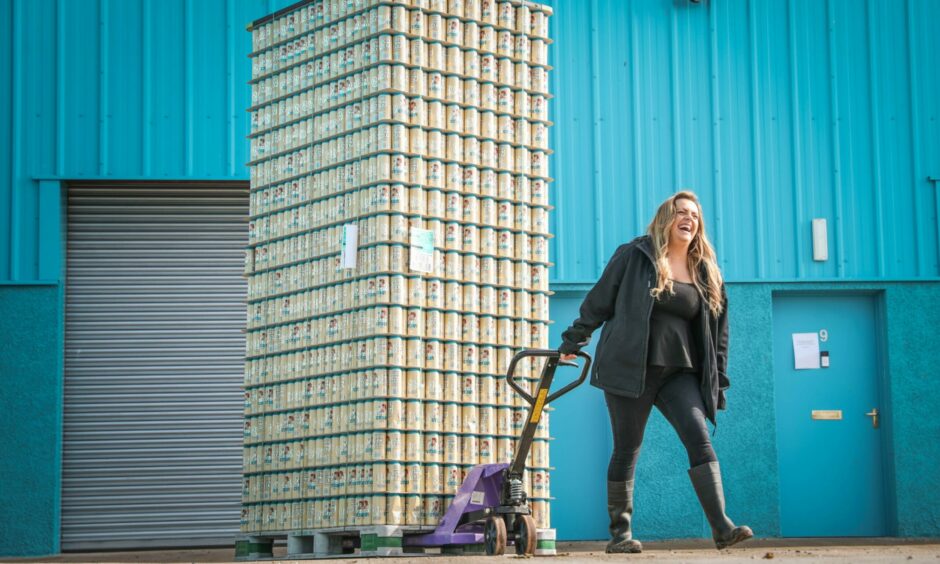
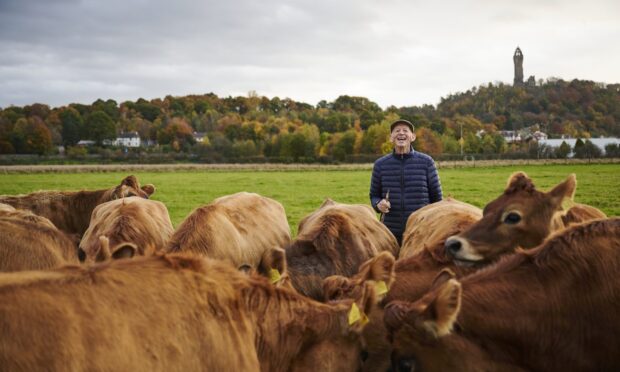
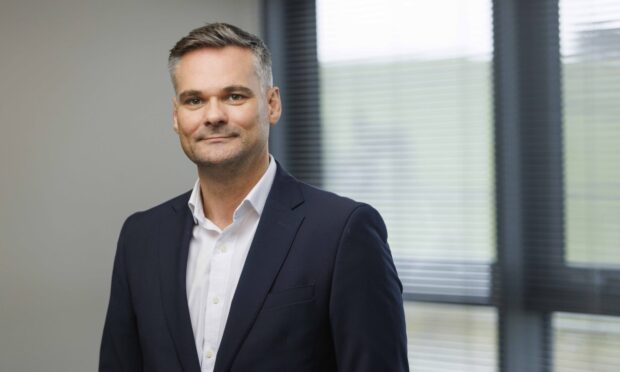

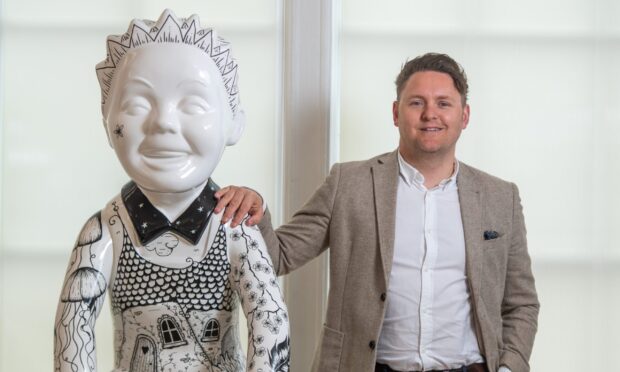

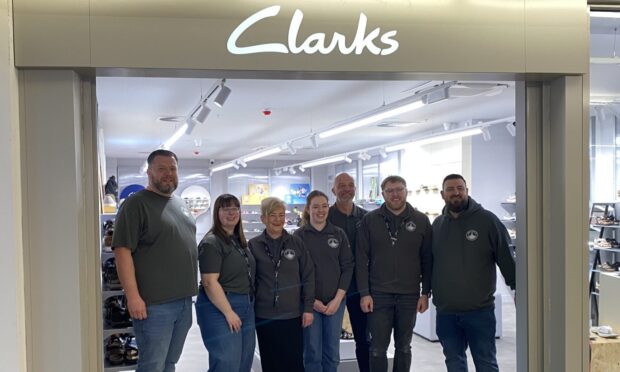

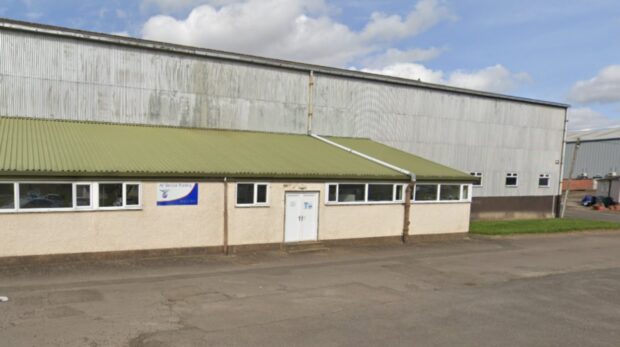
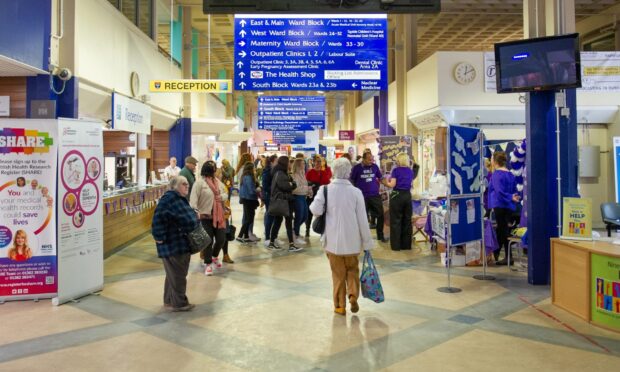
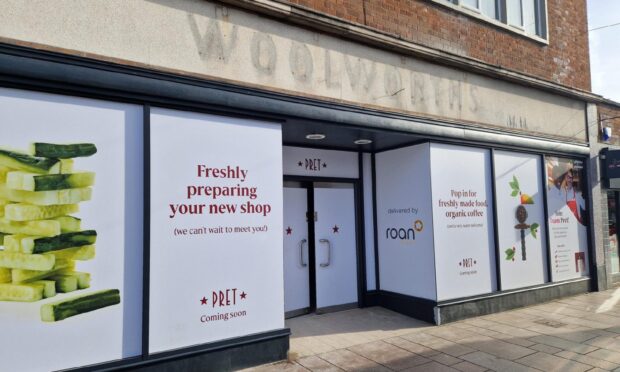
Conversation